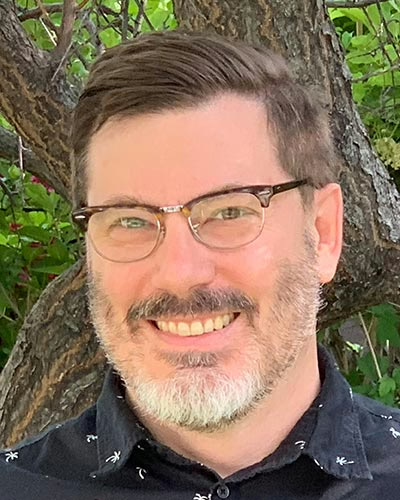U.S. healthcare workers have long experienced chronic stress, burnout and mental distress, which were exacerbated by the COVID-19 pandemic. New research led by a College of Social Sciences faculty member reveals that, despite high levels of mental health problems affecting healthcare providers, they rarely seek care, raising concerns about the readiness of the healthcare workforce and the potential impacts on patient outcomes.
The report explores the associations between mental healthcare-seeking among U.S. health providers, COVID-19-related work stressors, and work-related issues to care-seeking.
“From recent nurses strikes to those who rushed to aid after the New Year’s fireworks tragedy, Hawaiʻi’s healthcare workers bear immense burdens,” said lead author Anthony Papa, associate professor and director of clinical training in the Department of Psychology at UH Mānoa. “Prioritizing their mental health is critical to build a resilient healthcare system for our island communities.”
More than 2,600 U.S. primary care physicians, pediatricians, nurse practitioners and physician assistants who practiced more than three years were surveyed from September 2022 to May 2023 in an effort to identify ways to improve mental healthcare-seeking among this population.
“Among providers surveyed, 26% reported symptoms at levels meeting clinical diagnostic criteria for a mental health disorder, but only 20% of these providers sought mental healthcare during the preceding year,” Papa said. “The study found that female providers serving for a shorter time were more likely to seek mental health services than male providers or those who have been in the industry for longer periods.”
According to the report, the top work-related stressors for these healthcare providers were extra stress, burnout, lack of adequate staffing, higher workload/job demands and fear of contracting COVID-19. Survey participants who refrained from seeking mental health care cited reasons including not wanting to take time off from work (44%), followed by concerns about confidentiality (22%) and cost (20%).
Papa pointed out, however, that the research showed supervisor support lessened the effect of COVID-19 related work stress.
“Organizational human resources practices, supervisor training on managing employee stress, and public health messaging to normalize mental healthcare-seeking might help to address gaps in care-seeking and improve patient care overall,” he said.
In addition, healthcare organizations, state licensing boards, professional groups and relevant federal agencies all have a role organizational approaches that may reduce provider mental healthcare-seeking issues and work stress, Papa added.
The paper was published on January 16, in the Centers for Disease Control and Prevention’s (CDC’s) Morbidity and Mortality Weekly Report, considered the flagship journal of the CDC.
“Our study highlights the urgent need to support the mental health of Hawaiʻi‘s healthcare providers,” said co-author Jack Barile, CSS associate dean for research and director of the Social Science Research Institute. “Addressing barriers like time off, cost and confidentiality are critical to building a resilient workforce capable of meeting the growing demands of our communities. In addition, there over 4,600 statewide vacancies according to the Hawaiʻi Health Care Association of Hawaiʻi‘s 2024 report, a rapidly aging population, and the state’s geographic isolation, which magnify these challenges.”
The research was funded by the National Institute for Occupational Safety and Health in the CDC.

